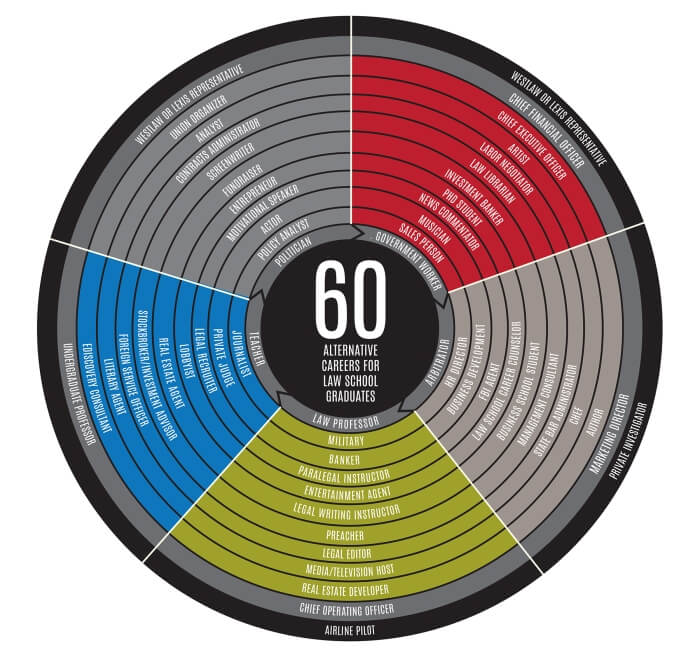A study produced by the state of Colorado has found that high taxes and fewer stores will keep the medical-marijuana consuming public from switching to recreational cannabis. The state study said that if this continues, the predicted marijuana tax windfall will be greatly affected.
The study was released on Wednesday, according to the Cannabist. It also found that out-of-state visitors account for half of recreational marijuana sales in the Denver region. It also found that 90 percent of recreational sales in mountain resort communities are from visitors to the state. The study also said that just seven percent of the annual demand for marijuana in Colorado comes from tourists. The state estimates that the demand is 130.3 metric tons per year.
“This study finds total marijuana demand to be much larger than previously estimated,” according to authors of the study.
The authors said that the reason for this is earlier studies underestimated the amount of demand from heavy users of marijuana. The top 22 percent of marijuana users in the state account for 67 percent of the state’s total demand. The bottom 54 percent of marijuana users account for just four percent of the total demand in Colorado.
“(T)he prevalence of heavy users in Colorado is higher than the national average,” the authors wrote.
Colorado Department of Revenue Executive Director Barbara Brohl, said, “The department feels it is important to understand marijuana usage and the demand in the state to effectively manage production within the regulated industry.”
In order to conduct the study, the Marijuana Enforcement Division used demographic data, survey results, research literature and data specific to the state.
“(T)he retail demand is derived primarily from out-of-state visitors and from consumers who previously purchased from the Colorado black and gray markets,” the authors wrote.
Sales of medical marijuana continue to do better than sales for recreational sales. Medical marijuana dispensaries sold $165 million worth of marijuana while recreational stores sold just $90 million worth of marijuana.











































